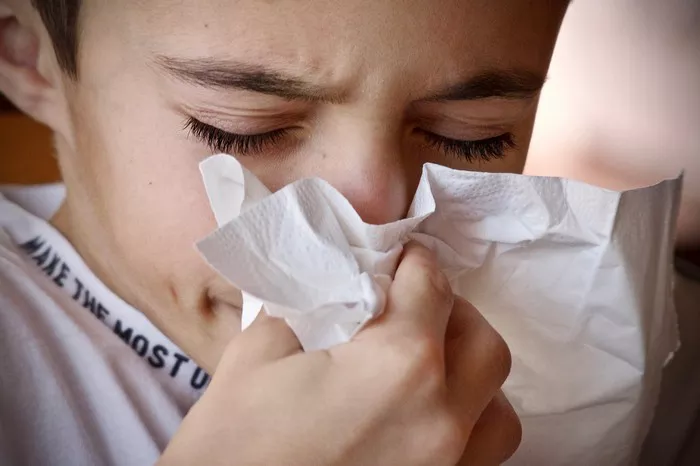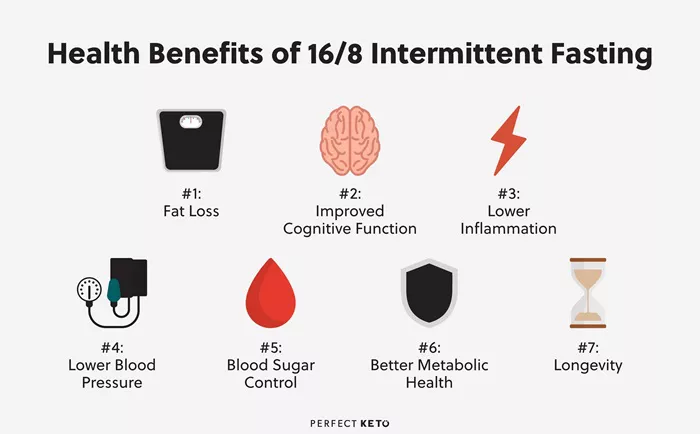The New York State Department of Health AIDS Institute recently concluded its Ending the Epidemic Summit and World AIDS Day events at the Albany Capital Center. The two-day gathering brought together community advocates, healthcare professionals, and state and city leaders to commemorate the history of HIV/AIDS while focusing on collaborative efforts to end the epidemic in New York State.
One of the key highlights of the event was the display of the AIDS Memorial Quilt. The quilt, which spans more than 50,000 panels, honors the lives of over 110,000 individuals lost to the disease. It serves as a poignant reminder of the ongoing impact of the HIV/AIDS epidemic, ensuring that the stories of those who have passed are never forgotten.
Joseph Kerwin, Director of the New York State Department of Health AIDS Institute, spoke about the state’s continued progress in combating HIV/AIDS. “I’m very excited about our continued efforts to get PrEP, Pre-Exposure Prophylaxis, out to more people,” Kerwin said. “In 2023, we saw over 55,000 prescriptions for individuals eligible for PrEP coverage—making New York the leader in the nation. We’re committed to expanding access to PrEP, especially for populations that are still underrepresented in our efforts.”
According to the New York State Department of Health, new HIV diagnoses have decreased by 30% since 2014, marking significant progress in the fight against the epidemic. Despite this achievement, health officials emphasize the ongoing need for education, prevention, and access to resources to reach more individuals and further reduce the spread of HIV.
The Ending the Epidemic Summit and World AIDS Day events reflect New York’s commitment to ending HIV/AIDS as a public health threat by 2030. The state has been at the forefront of efforts to improve access to HIV prevention and treatment, making strides toward a future where the epidemic is no longer a barrier to health and wellness for those at risk.
The summit also served as an opportunity to reflect on the ongoing challenges faced by people living with HIV and the critical need for continued support and advocacy for affected communities.
Related Topics
Millions Could Face Steep Health Insurance Premium Increases as Federal Subsidies Expire
MSU Researchers Aim to Expand Successful Preventive Postpartum Depression Program
Mason City Schools Introduces Therapy Dogs to Support Student Mental Health



































